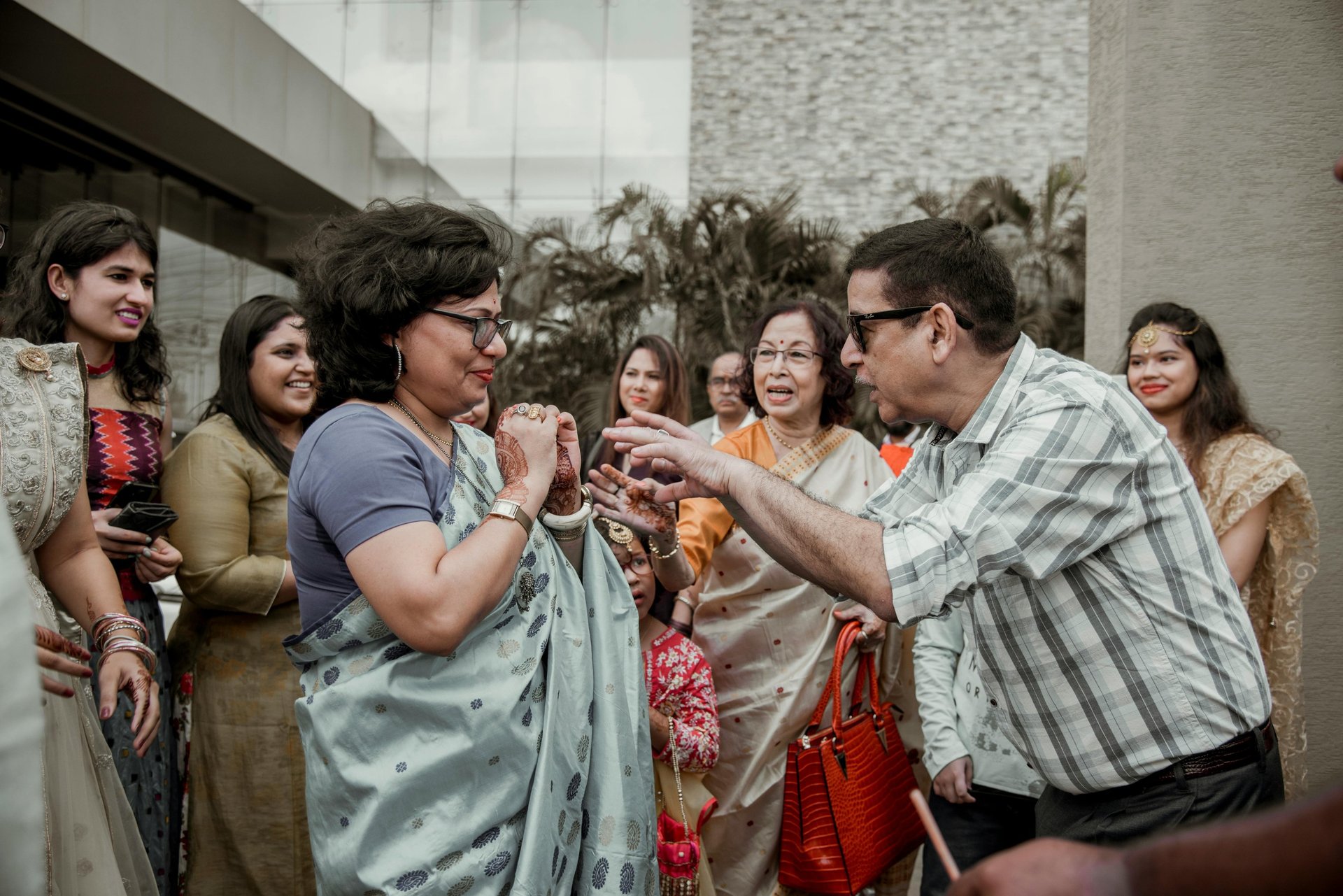Marriage Counseling: A Guide to Building and Strengthening Relationships
1/1/20253 min read
The Purpose of Marriage Counseling
Marriage counseling gives couples a safe space to work through issues affecting their relationship. Counselors help couples:
Resolve financial disputes
Improve communication
Strengthen conflict-resolution skills
Address trust issues and infidelity
Navigate differences in parenting styles
Reignite intimacy and passion
Approach healthy relationship closure if necessary
Counseling is not only for relationships in crisis. Many couples seek it proactively to strengthen their bond or address minor issues before they escalate.
Common Types of Marriage Counseling
Different therapeutic approaches cater to varying relationship dynamics and challenges. Some of the most widely practiced methods include:
Gottman Method Couples Therapy: Created by John and Julie Gottman, this approach focuses on reducing harmful behaviors like defensiveness and criticism. It helps partners understand and address negative patterns while enhancing friendship and intimacy.
Discernment Counseling: This short-term therapy aids couples contemplating separation. It helps them decide whether they want to work on the relationship or part ways.
Solution-Focused Therapy: This approach addresses specific problems by setting achievable goals, guiding couples toward practical resolutions.
Emotionally Focused Therapy (EFT): By exploring specific emotional events in the relationship, EFT helps partners understand underlying feelings and improve connection.
Cognitive Behavioral Therapy (CBT): Although traditionally used to address mental health issues, CBT can improve communication and conflict resolution within relationships.
Types of Couples Counseling for Different Stages
Couples in any relationship stage can benefit from marriage counseling. Here are some examples:
Pre-Marital Counseling: Ideal for couples planning to marry, this type of counseling helps partners understand their values, expectations, and potential areas of conflict.
Post-Marital Counseling: For couples already married, this therapy supports ongoing growth by addressing communication, intimacy, and parenting issues, helping sustain a healthy marriage.
Who Can Benefit from Marriage Counseling?
Marriage counseling isn’t exclusive to married couples. Any couple—whether dating, engaged, married, or separated—can seek therapy. Couples counseling supports a diverse range of relationship types, including LGBTQ+ relationships, long-distance relationships, and open relationships. Couples may consider therapy if they:
Have recurring conflicts they cannot resolve
Face financial disagreements or differing parenting styles
Experience a lack of romantic or sexual chemistry
Feel unheard or emotionally neglected
Struggle with external pressures, such as work-related stress
Are considering separation or divorce
Key Benefits of Marriage Counseling
Enhanced Communication: Counseling helps partners communicate openly, avoiding misunderstandings and misinterpretations.
Conflict Resolution: Counselors provide techniques to manage conflicts healthily and constructively.
Increased Understanding and Empathy: Therapy sessions allow each partner to express their feelings, fostering a deeper mutual understanding.
Improved Intimacy and Connection: By addressing issues affecting closeness, couples can rebuild or deepen their intimacy.
Goal Setting and Problem Solving: Therapists encourage partners to set shared goals and work collaboratively to achieve them.
Personal Growth: Therapy can promote individual self-awareness and emotional resilience, benefiting each partner personally.
Techniques Employed in Marriage Counseling
Marriage counselors use a range of techniques tailored to the couple’s needs:
Encouraging Open Dialogue: Counselors help partners speak honestly about their concerns and feelings.
Exploring Emotional Roots: Understanding past experiences and how they affect current behaviors can strengthen self-awareness.
Focusing on Solutions: By identifying and addressing specific problems, couples gain tools for positive change.
Building Skills: Counselors teach valuable skills, such as anger management, effective communication, and conflict resolution.
When Couples Therapy Might Be Needed
Certain scenarios suggest that marriage counseling may benefit a couple:
Growing Apart: If partners feel more like roommates than romantic partners, therapy can help reignite their connection.
Money Disagreements: Financial conflicts are common and often rooted in differing values or family experiences around money. Counseling can promote financial empathy and mutual understanding.
Infidelity: Addressing infidelity is challenging, but therapy can help couples work through the betrayal and rebuild trust.
Divergent Political or Social Views: Therapy can teach partners how to navigate divisive topics without damaging the relationship.
Frequent Arguments: Repeated, unproductive conflicts can erode a relationship. Counseling can offer healthier ways to express and address disagreements.
Parenting Differences: Different views on raising children can create tension. Counseling helps couples find common ground or mutually acceptable compromises.
Significant Life Changes: Major transitions—such as moving, a career shift, or family health issues—can disrupt relationship dynamics. Therapy supports partners in adapting to new challenges together.
Is Marriage Counseling Right for You?
Marriage counseling offers support for couples who want to maintain a positive, healthy partnership or overcome challenges. While it can be uncomfortable to discuss personal issues in therapy, a skilled counselor provides an unbiased, confidential environment where both partners can feel safe. For couples willing to invest time and effort, therapy can lead to a stronger, more satisfying relationship built on mutual respect and shared goals.



Book your first session
Sight Within by Garima Bajpai
Online psychological support | India
Services are provided online and available across India.
Confidential & appointment-based services
